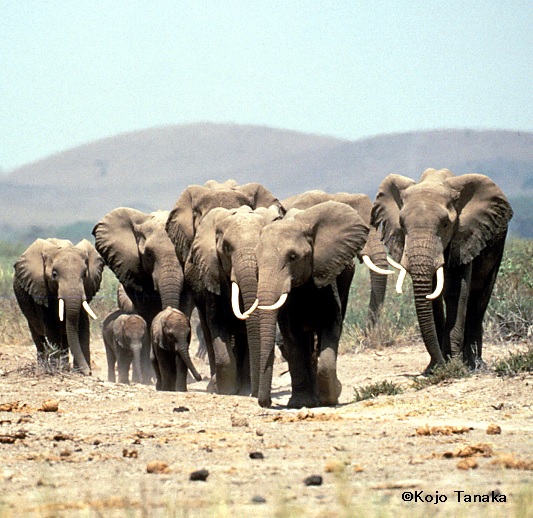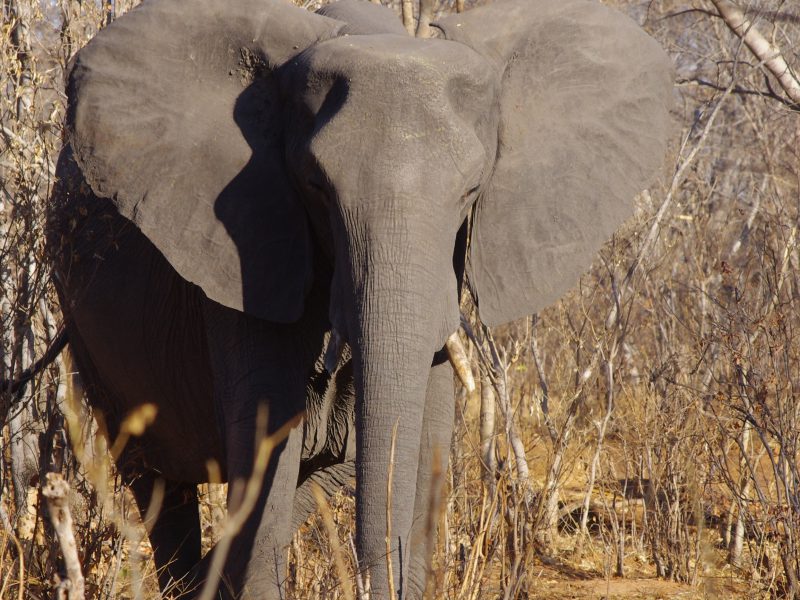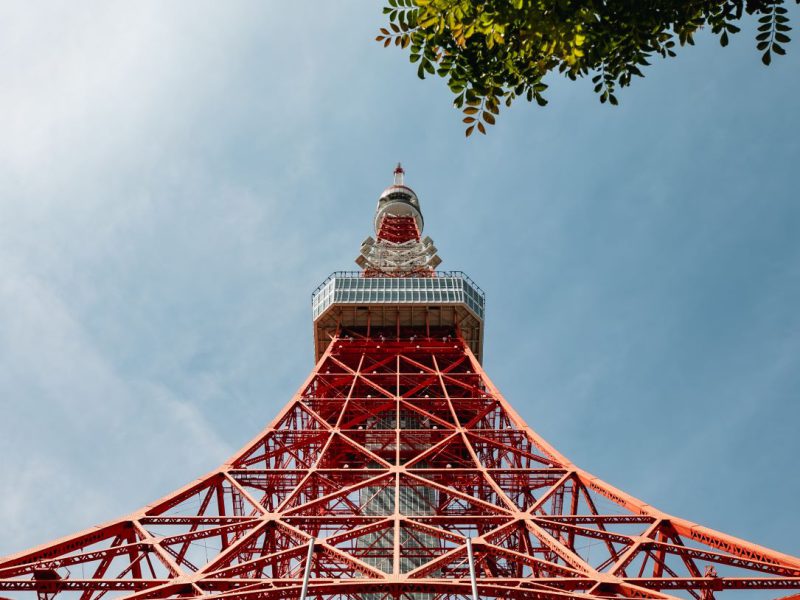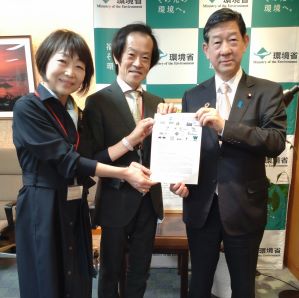
BLOG: Japan is Revising its Law on Ivory Trade – Time to Finally Close the Market
https://www.jtef.jp/en/wp-content/uploads/2024/05/Minister_submission_2024.jpg 299 298 Japan Tiger Elephant Organization Japan Tiger Elephant Organization https://www.jtef.jp/en/wp-content/uploads/2024/05/Minister_submission_2024.jpgOn the streets of Tokyo, if you’re looking for elephant ivory products, particularly hanko (name seals), you can pop into a shop and purchase ivory legally and easily. In recent years most ivory consumer countries have closed their domestic markets for ivory. However, one major outlier still remains open for business: Japan.
For years, the EIA and JTEF have drawn attention to Japan’s role in the global ivory trade – the very existence of Japan’s ivory market undermines international efforts to protect elephants from the trade in ivory.
Elephants are still being poached in Africa, which means that demand for their ivory tusks persists. In April 2024 Vietnam intercepted 1.6 tonnes of elephant ivory smuggled from Nigeria, following the March seizure of 651 pieces of ivory in Mozambique en route to Dubai. Until the global community comes together to reject commercial ivory trade, elephants will continue to be victimized by poaching for their tusks. To combat poaching, the Convention on International Trade in Endangered Species of Wild Fauna and Flora (CITES) banned international commercial trade in elephant ivory in 1989. Furthermore, to bolster the international ban, the closure of domestic ivory markets that contribute to poaching or illegal trade was recommended in 2016.
While the Japanese Government claims that domestic commercial trade in elephant ivory tusks and products is prohibited in principle, in reality, the exemptions are very broad – basically, a registered trader can sell any type of ivory to anyone.
However, Japan now has a critical opportunity to turn its approach to ivory around during a once-in-a-decade legal review process. Japan’s Law/Act for Conservation of Endangered Species of Wild Fauna and Flora (‘LCES’ or ‘ACES’) has covered the domestic trade in ivory since 1995. In 2017, the LCES underwent revisions, but the resultant reforms were largely superficial and did little to truly address the fundamental flaws in the regulations. The Japanese Government is currently undertaking a statutory review of the 2017 amendments that will continue through 2026. The process is complex and layered, but ultimately the Ministry of the Environment (MoE) will decide which areas of the LCES need to be revised and will draft text accordingly for consideration by the Japanese Diet. This year and next, committees will make recommendations on which sections of the LCES need to be improved, and how, and in 2025, the MoE will start drafting the bill. The Diet will issue final approval in 2026 before the revised law is implemented in 2027.
In the first stage of the LCES review process, a committee designated by the MoE, the “LCES Implementation Evaluation Committee,” will evaluate the implementation of the LCES, identify problems or areas for improvement, and report the results to another evaluation group that will discuss possible solutions. The first meeting of the LCES Implementation Evaluation Committee was held on March 21st, and two more meetings are currently planned to review domestic trade regulations. Given the international situation regarding ivory – banned international trade, most domestic markets closing, continued poaching of elephants among other threats – revisions to the LCES to drastically reform the ivory trade regulations and move towards market closure should be considered.
On April 10th, our organizations shared information and recommendations for Japan to consider – JTEF’s Executive Director Masayuki Sakamoto attended a meeting with the Minister of the MoE, Shintaro Ito, through an introduction by Dr. Yuko Hamaguchi, professor emeritus of Takushoku University and Ms. Eiko Todo, Chairperson of the Japan Dyslexia Society (EDGE). Sakamoto personally delivered a letter from 23 international and Japanese organizations.
Our organizations recommended that the MoE should first include and prioritize review of the domestic ivory trade controls, eliminate the broad ivory trade exemptions, and enact amendments to close Japan’s domestic ivory market with truly narrow exemptions. Minister Ito thoughtfully engaged with Sakamoto during the meeting, and we hope he will consider Japan’s role in protecting wild elephants when considering improvements to the LCES.
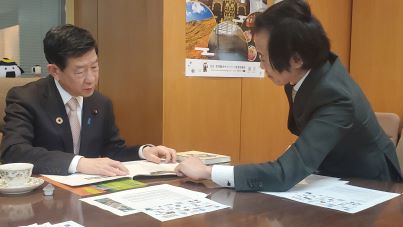
MoE Minister Ito discusses Japan’s ivory trade controls with JTEF’s Executive Director
Indeed, with climate change and other threats looming, elephants need a permanent reprieve from poaching to meet the demand for their ivory. More than 30 elephant range states in the African Elephant Coalition have appealed to Japan to take steps to close its market. During the 20th meeting of the Conference of the Parties (CoP20) to CITES in November 2025, Japan’s market will be under scrutiny based on an official analysis of ivory seizures connected to Japan and its legal market status. At CoP20, Japan has the opportunity to pivot its stance and announce that it will close its ivory market as the LCES revision process moves into a later stage.
Japan is currently the only country with an active legal domestic ivory market, and the only one that is interested in buying ivory internationally in the future to supply its traders and industry. Should Japan take steps towards closure, this would send a strong signal to the global community that the international trade is over, forever. Otherwise, Japan will be remembered as a guardian of the ivory industry at the cost of elephants’ survival in the wild.
The Japanese government must amend its LCES to make meaningful changes that would effectively close the market for ivory. It’s time for Japan join the rest of the world in protecting elephants – and the opportunity is now.
Learn more about Japan and ivory at www.stopjapanivorytrade.org.
By Amy Zets Croke, EIA Senior Manager, Wildlife Campaigns and JTEF’s Executive Director Masayuki Sakamoto
- Posted In:
- Blog




